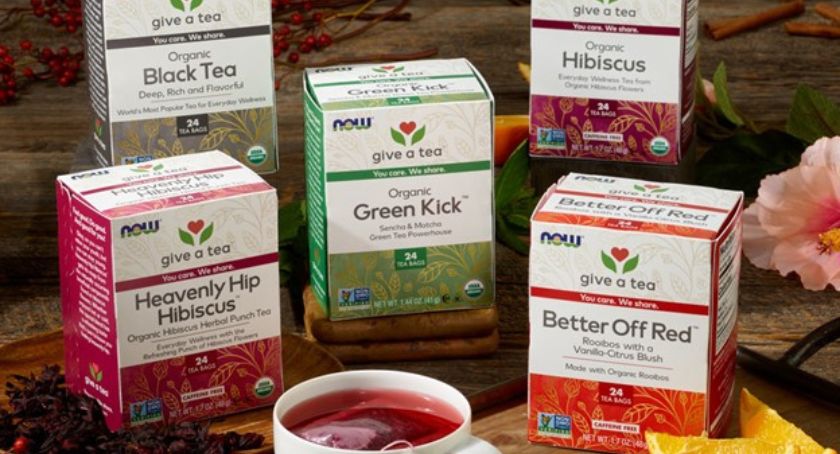Columns
Japan Insider: Weight Loss/Maintenance in Japan
The weight loss/maintenance market is thriving and more activity is expected once products or ingredients can attain FOSHU status.
By: Ron Bailey

Weight Loss/Maintenance in Japan
The weight loss/maintenance market is thriving and more activity is expected once products or ingredients can attain FOSHU status.
By Ron Bailey
The Japanese approach to weight loss and weight maintenance is somewhat different than that in the U.S., since the problem is not yet a crisis in Japan. The Japanese government even found it necessary to define “obesity” differently than the usual international standard, in part to help create a sense of urgency amongst the general Japanese pop-ulation.
Japanese Body Mass Index (BMI) Demographics
The 2003 National Health and Nutrition Survey in Japan provided a detailed perspective on the trends in body weight in Japan. Using the accepted international definition of obesity (a BMI of 30 or greater), however, just over 3% of the adult population is considered obese. Compared to the U.S. adult population, with well over 30% in the obese category, the Japanese data are reassuring, suggesting that obesity is not yet a serious problem.
Given the concern surrounding the increasing incidence of diabetes in Japan, however, and assuming that diabetes is related to body weight, the Japanese government has decided to define Japanese obesity as having a BMI of 25 or higher. This means nearly 25% of the adult population is considered obese by the new standard. This has definitely captured the attention of consumers and industry.
Japanese Regulatory Perspective on Weight Loss/Maintenance Claims
Traditionally, the Japanese government has discouraged marketing foods and beverages for weight loss. They did allow, at least tacitly, implied slimming and weight loss claims in the naming of retail brands. Direct weight loss claims, even based on reasonable clinical studies, have not been allowed.
It is widely believed that the government perspective changed with the recognition of the rising incidence of diabetes in Japan. The number of Japanese with diabetes or “pre-diabetes” in Japan (16 million by official estimates—roughly 12% of the population) is proportional to the incidence here in the U.S. on a per capita basis. The challenge is to understand why a relatively slimmer Japanese adult population does not have a lower incidence of diabetes than U.S. adults. Rather than waiting for an answer, the government took regulatory action to help deal with the problem.
Foods for Specified Health Uses (FOSHU) Weight Loss Applications
Weight loss and weight maintenance are not official health claims categories recognized by the Ministry of Health, Labor, and Welfare (MHLW) for FOSHU products. The first product approved with a permitted claim related to weight loss and weight maintenance was Kao Corporation’s “Econa Cooking Oil” with diacylglycerol in May 1998. Econa was allowed to make a somewhat subtle claim that included a statement that “fat is also less likely to accumulate on the body” if Econa is consumed as directed. This FOSHU approval opened the door to other functional ingredients positioned for “people beginning to be concerned about body fat and obesity.” As a result, the official Neutral Fat, Body Fat FOSHU health claim category of products has grown from under $70 million in retail sales in 1999 to over $800 million in 2005, mostly due to those products making body fat claims.
Some of the FOSHU functional ingredients, such as the diacylglycerol from Kao Corporation, are also used in other FOSHU and non-FOSHU products. Kao’s Econa diacylglycerol has been included in FOSHU mayonnaise-type salad dressing and fat spread, as well as non-FOSHU dinner rolls, for example. Nisshin Oillio’s competitive FOSHU “Health Resetta Cooking Oil” with medium chain fatty acids as the functional ingredient has nearly identical on-label body fat and obesity claims. The fatty acids blend is also featured as a functional ingredient in branded healthy dressings and even non-FOSHU wiener sausages and tuna flakes in oil.
There are indications in Japan that a formal FOSHU category for weight loss/maintenance products will likely be established within the next few years. It is not yet clear what claims will be allowed and what biomarkers will be established to confirm the clinical efficacy of such products. New FOSHU categories are seriously being considered for other health conditions, however, including anti-stress and anti-fatigue, so it is possible that weight loss will be included in the official expansion of the categories.
New Weight Loss/Maintenance Ingredients & Products
Ingredients. The monthly JapanScan Food Industry Bulletin publication includes a one or two page section each month titled “Ingredient News.” The brief summaries of new ingredients, some of which are not yet being marketed, typically mention the company name and the “claimed” health benefit. Weight loss and weight maintenance ingredients highlighted in the May and June issues included:
•Oolong tea polyphenols from Sun-tory, a FOSHU functional ingredient
•CoEnzyme Q10/L-Carnitine combinations from Nisshin Pharma
•Medium chain fatty acids from Nisshin Oillio
•Beta-glucan rich barley from Snow Brand Milk Products
•Turmeric curcumin from several companies to “accelerate lipid metabolism”
•L-arabinose derived from sugar beet from Unitika
•Black soybeans from Fujicco
Some of these are relatively new ingredients in Japan, and some are ingredients that have been marketed for several years. In most instances, however, there are reports of new animal studies and/or clinical data supporting the public release of the information.
Products. The JapanScan Food Industry Bulletin also includesdescriptions of new products positioned for weight loss in their “Sugarless and Slimming Products” section. A review of recent issues reconfirmed that brand names for products in the category often include the words “diet” and “slim,” even when direct weight loss claims are not being made. Ingredients in these products are often blends of ingredients “known” in Japan to provide weight loss or weight maintenance benefits. Recent examples include alpha lipoic acid, L-carnitine, Garcinia cambogia, soy protein, fish collagen, L-arabinose, yeast alpha-mannan and konjac glucomannan. It is not always clear whether or not clinical studies have been conducted on the products to prove the weight loss efficacy. For non-FOSHU products, it is unlikely that serious clinical studies have been conducted, however, on the actual formula being marketed. That current lack of supporting information is one of the incentives for the MHLW to approve a formal weight loss category for FOSHU that will allow weight loss claims for specific products based on supporting clinical evidence.NW
***
Note: Important sources of information for this article are the National Health and Nutrition Survey in Japan, 2003,
the translated FOSHU approval lists from the Japanese Health Food and Nutrition Food Association, and the Japan-Scan Food Industry Bulletin published in the U.K.




















